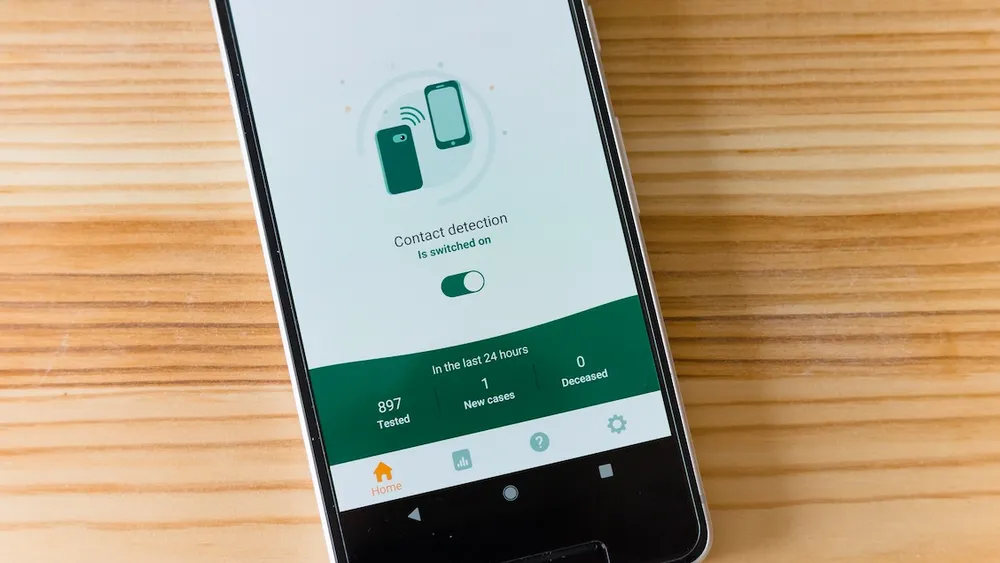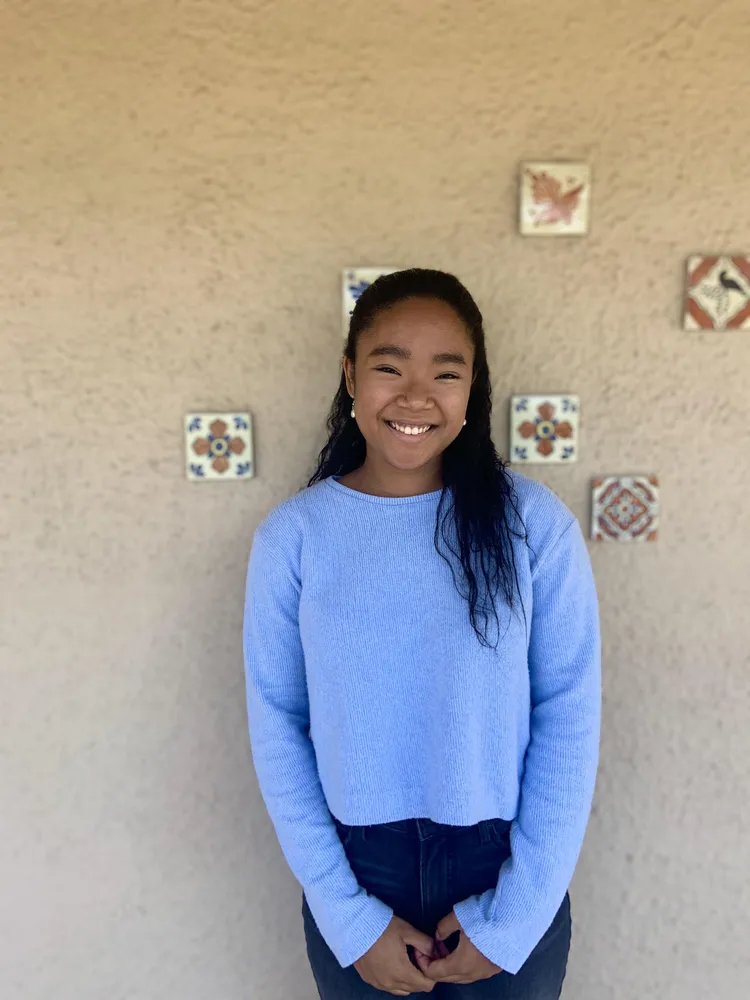Meet the 2021 CDH Senior Thesis Prize Honorees: Masha Miura
22 June 2021
Masha’s project uncovered connections between surveillance technologies and health data.

Earlier this summer, we announced the winners of the 2021 Center for Digital Humanities Senior Thesis Prize. The Senior Thesis Prize honors exceptional work that substantially engages with or contributes to the field of digital humanities. Eligible theses use digital tools to map, organize or produce humanities-based research, or bring digital methods of data analysis and thought into critical conversation with humanities material. We’re now pleased to feature the winners’ work, starting with Honorable Mention awardee Masha Miura ’21 (African American Studies).
Masha’s thesis, “Seeking Safety in Surveillance: The Dangers of Data Sharing During the COVID-19 Pandemic” looked at how health data impacted surveillance structures. We asked Masha about her project and her experience in working with digital humanities.
Tell me about your project.
My thesis explores the implications of health data sharing during the COVID-19 pandemic on surveillance architectures. In particular, by connecting public health surveillance to the growing literature on racialized surveillance, technological racism, and the role of race in data and medicine, I highlight how carceral apparati are expanded during public health emergencies through legal frameworks outlined in third party doctrines. Third party doctrines are Supreme Court legal doctrines which state that any information “willingly” given to third party providers (like bank records to banks or cellphone data to service companies) have “no reasonable expectation of privacy” and thus can be accessed by government authorities without a warrant. In previous cases, this has allowed law enforcement agencies to access information “given” to third parties without a warrant (and thus without probable cause). My thesis also explores the oppositional work of community organizations and grassroots activists in order to highlight the ways we can resist the growing pandemic surveillance state.

Masha Miura ’21 was recognized as an honorable mention in the 2021 CDH Senior Thesis Prize competition for her project, “Seeking Safety in Surveillance: The Dangers of Data Sharing During the COVID-19 Pandemic.”
Can you describe the digital humanities part of your project?
As the CDH website explains, “we create and apply digital tools to humanistic questions and critically engage with the promises and risks that technology poses to society.” My project focuses on the latter half of that undertaking, examining the ways in which pandemic technologies, which have often been publicized as essential and life-saving, could actually have nefarious long-term consequences for those who are most susceptible to the dual violence of the pandemic and the carceral state. Thus, by looking into technological partnerships that are happening in real time, as well as grounded by historically harmful data collection practices, I was able to critically engage with issues of consent, medical paternalism, surveillance, technological bias, and legal negligence.
How did you become interested in digital humanities?
I took a class called Incarceration in Antiquity, during which we used digital humanities tools to map and 3D model ancient carceral sites. This course was the first time I saw how I could look to digital technologies to better enhance my understanding of humanistic issues. I became more interested in the analytical side of the digital humanities during the summer of 2020, when I worked in Professor Ruha Benjamin’s Ida B. Wells JUST Data Lab. I was on the policing and surveillance team, working with the Stop LAPD Spying Coalition to understand how pandemic partnerships are being made. We looked specifically at Palantir, a data-mining and aggregation corporation with a long history of ties to carceral industries, including law enforcement and military agencies. During that summer, the Department of Health and Human Services (HHS) hired Palantir to store our pandemic health data. The accompanying question of what consequences such a partnership could have for surveillance inspired my thesis.
What advice would you give a Princeton undergrad interested in doing a digital humanities project?
I would tell students that the field of digital humanities is not limited to those who can use digital tools! COS 126 taught me that I was a terrible coder, but studying within the field of African American Studies and working with Professor Benjamin have taught me that technologies are not straightforward goods, and continued development means a continued need for critical analysis.
What are your post-Princeton plans?
I will be a first-year law student at Stanford Law School, hoping to pursue public interest law and activism.
Congratulations, Masha! Next month we will highlight Lauren McGrath, one of the two co-winners of the 2021 Center for Digital Humanities Senior Thesis Prize.
Carousel photo: Markus Winkler on Unsplash